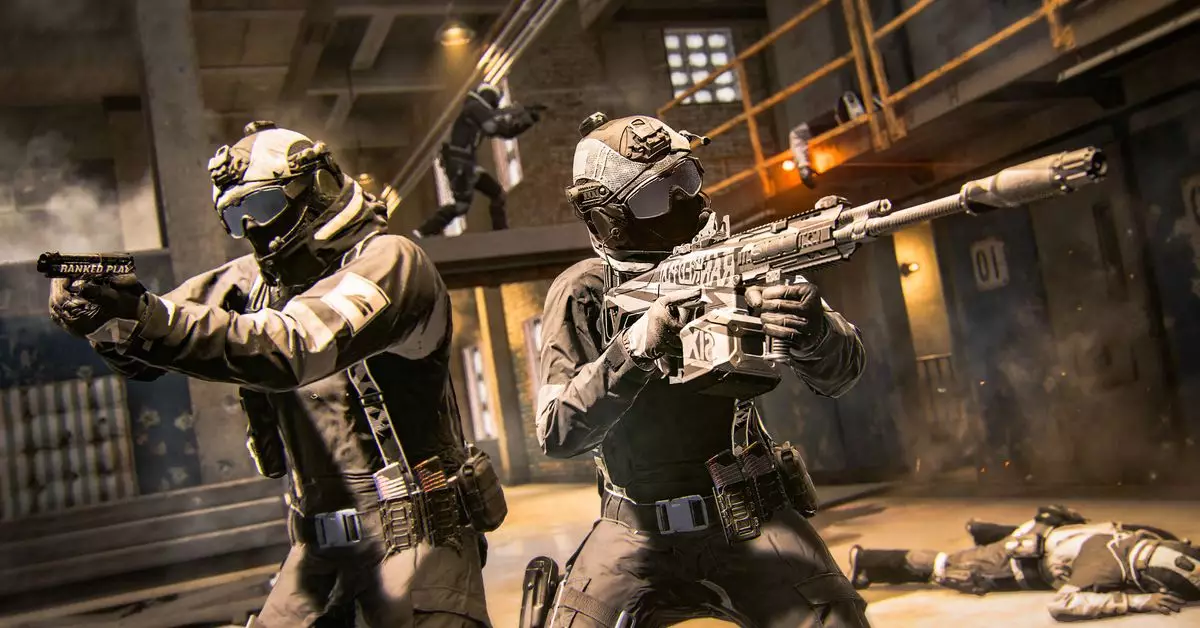The ongoing battle against cheating in multiplayer games has taken an unexpected turn within the Call of Duty franchise, particularly concerning the Ricochet anti-cheat system. Activision recently revealed that it “disabled a workaround to a detection system” that inadvertently resulted in the banning of some legitimate players. This announcement elicited a mixed response from the gaming community, particularly regarding the scale and implications of the bans. The company asserts that only a small number of accounts were affected and that all were subsequently restored. However, this assurance stands in stark contrast to claims made by cheat dealer zebleer, who argues that the issue is far more pervasive.
Zebleer, the operator of a store distributing cheats, highlighted a critical flaw in the Ricochet system. According to a detailed post on social media platform X (formerly Twitter), Ricochet’s methodology for detecting cheating software involved scanning for specific memory signatures, one of which was a plaintext string associated with a “trigger bot.” This revelation sparked waves of concern and speculation among players. Zebleer claims that simply sending a friend request containing the term “Trigger Bot” or a similar message could trigger a ban for unsuspecting players. This alarming claim suggests that the anti-cheat system has exposed players to vulnerabilities, leading to systemic injustices within the game.
Whereas Activision suggested the issue impacted only a handful of players, zebleer contends that the exploit permitted the ban of “several thousand random COD players” before the escalation to more prominent streamers. Notable among these was BobbyPoff, a well-known Call of Duty streamer, who experienced a sudden ban due to the exploit. His plight highlights the challenging position streamers find themselves in—caught between public scrutiny and accusations of cheating, even when innocence is claimed. BobbyPoff’s experience has ignited intense debate within the community, reflecting broader anxieties about accountability in competitive gaming.
The incident has served to deepen divisions within the Call of Duty community, suggesting that not only is cheating a rampant issue but that the mechanisms designed to combat it may do more harm than good. Players are left questioning the reliability of Activision’s anti-cheat strategies. Will these systems be refined to prevent further misuse, or will they continue to endanger gamers who partake in the experience with integrity? While Activision has acknowledged the problem and promised follow-up communication, the lack of transparency surrounding the scale of the issue leaves many players in the dark.
As the situation unfolds, the announcement of a forthcoming blog post from the Ricochet team remains highly anticipated. The gaming community is eager for clarity and corrective measures. For now, the shadow of mistrust looms large over the gaming landscape, urging both developers and players to remain vigilant. Only time will reveal whether the measures taken will restore faith in the integrity of competitive play, or if players will continue to bear the brunt of flawed anti-cheat measures in their favorite digital battlegrounds.

